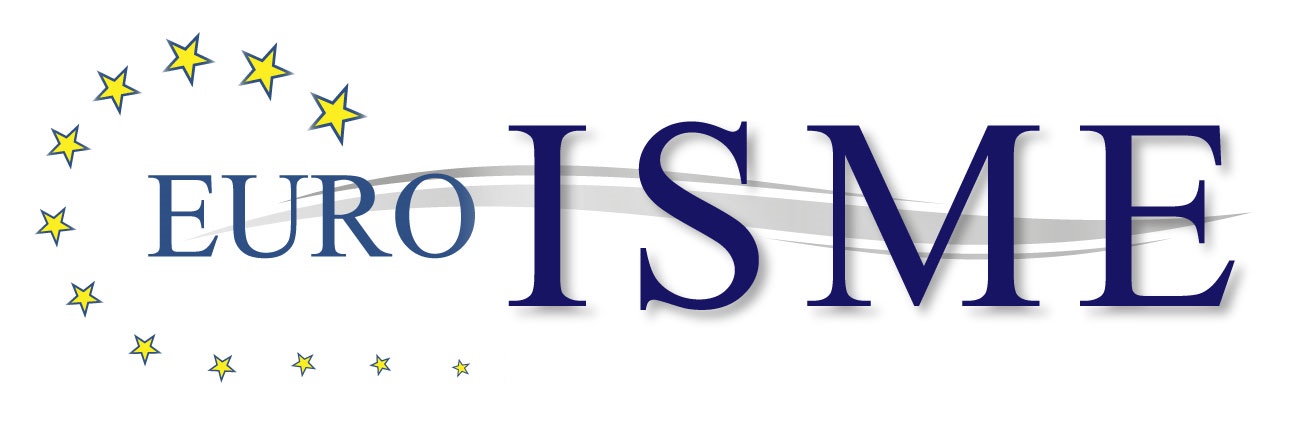By the President of EuroISME, John Thomas

Dear Colleagues and Friends of Euro-ISME,
I would like to begin this message with a quotation that seems particularly relevant now.
‘Truth is the first casualty of war.’
Like all good aphorisms, this one has more than a grain of truth within it. The battle for the narrative is an increasingly important part of modern warfare. It is a battle fought by governments, the journalistic media and those on social media.
The government spokesperson is the equivalent of (and sometimes in fact is) a regular uniformed combatant. The social media citizen journalist corresponds to the resistance fighter, operating on his or her own initiative and fighting for a cause. But where does that leave the journalistic media, whether print, broadcast or digital, as a knowing or unknowing part of the battle for the narrative?
This is a question that takes us beyond the realm of truth and into the realm of objectivity and impartiality. And it is an important question because the journalistic media does not merely report facts without comment but is still one of the main ways in which the views of a society are shaped. Journalists, including editors, know this as well as anyone. The way in which a conflict is reported, news reports edited, the choice of interviewees, all create a framework for the public’s understanding of what is happening.
Even the very words that are used - such as ‘genocidal’, ‘ethnic cleansing’ ‘terrorist’ or ‘inhuman’ are loaded with meaning. Pictures, which stay in the memory longer than words, can be, and often are, chosen to emphasise a particular version of the narrative.
Perhaps we should not expect miracles from journalists, who are not historians. As Martin Bell, a former BBC journalist, said when reporting from Sarajevo during the Balkan wars ‘How can a war reporter under siege [in Sarajevo himself] be objective?’. The same might, for example, apply to an Israeli journalist who had a relative or friend killed in the October 7 terrorist attack.
Which brings me to the students and teachers of military ethics. They -you – must grapple with the very same issues of truth, objectivity, and impartiality. This might be relatively easy in the case of Russia’s unprovoked invasion of Ukraine. But in the case of the Israel/Hamas conflict the picture is much less clear. Even if we start from two uncontested facts – the murderous Hamas attacks of October 7 and Israel’s right to self-defence – this is a conflict which, uniquely in modern times, has the capacity to polarise and divide like no other.
What we are seeing in this and other conflicts, is an increasing willingness amongst many political leaders to either ignore both international humanitarian law and military ethics in favour of an approach where the ends justify the means, or to justify their decisions in a cloak of quasi ethical and legal terms. There is a risk that impunity will start to trump legality.
Military ethicists face at least three dilemmas in these circumstances. The first is how to discern the facts from within a blizzard of claims, counter claims, misinformation, and disinformation. The second is finding the courage to speak the truth in circumstances where not everyone, including perhaps close friends and colleagues, is willing to hear it. The third dilemma, which is the most difficult, is how to frame and empower the truth so that those in positions of power are willing to change their behaviour away from the ends justifying the means. At best, this will be a long-term goal, but it nevertheless must remain a key objective.
The world is perhaps even less stable than this time last year. But I wish you every success in your work, pursuing truth and objectivity with impartiality. I also wish you health and good fortune for yourself and those you love.
Air Commodore (retd.) John Thomas served for over 30 years in the UK Royal Air Force, specialising in international relations at the political/military level. His main military ethics interests are the impact of good leadership on ethical behaviour and ethical decision making at the strategic level.


